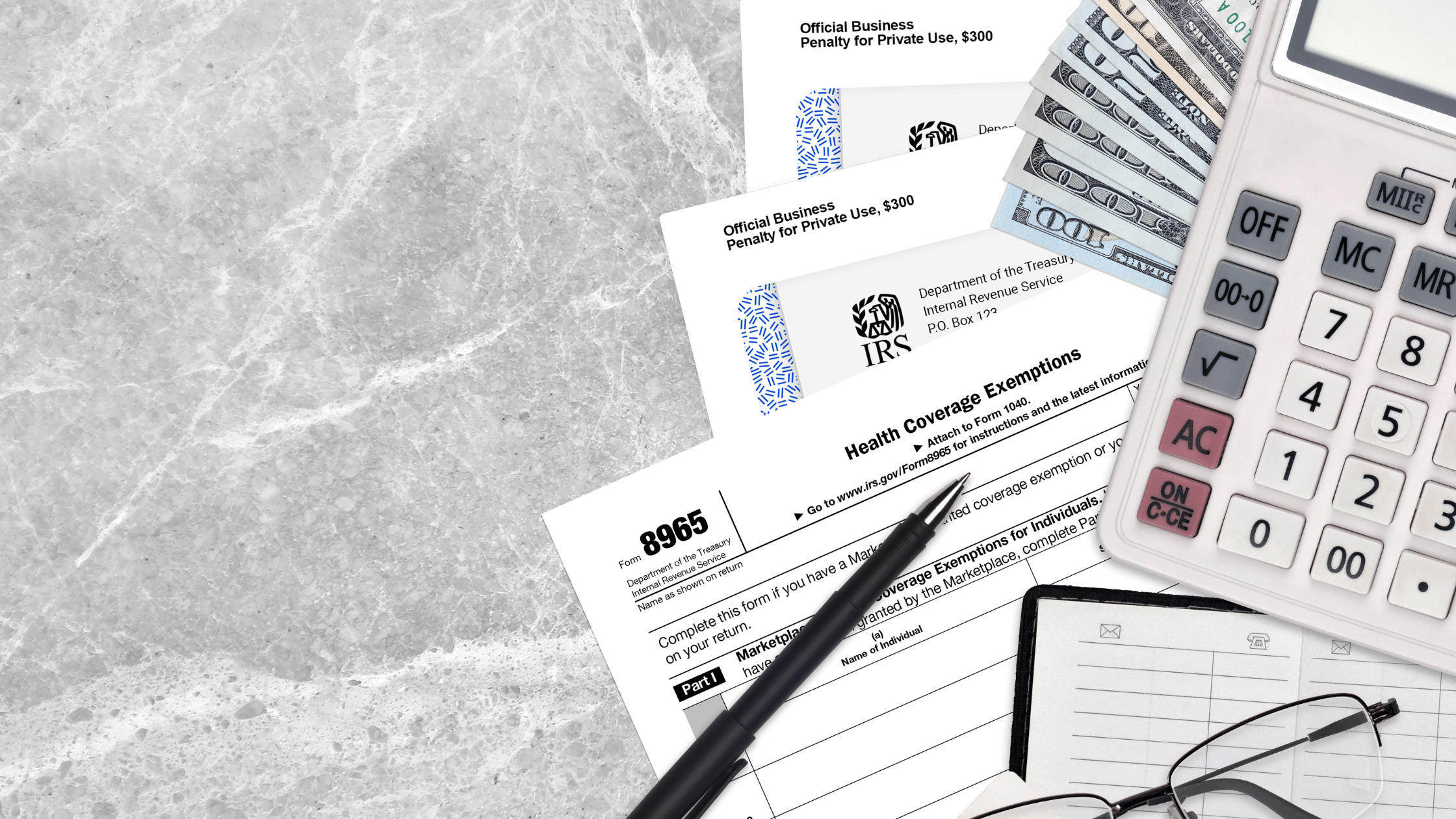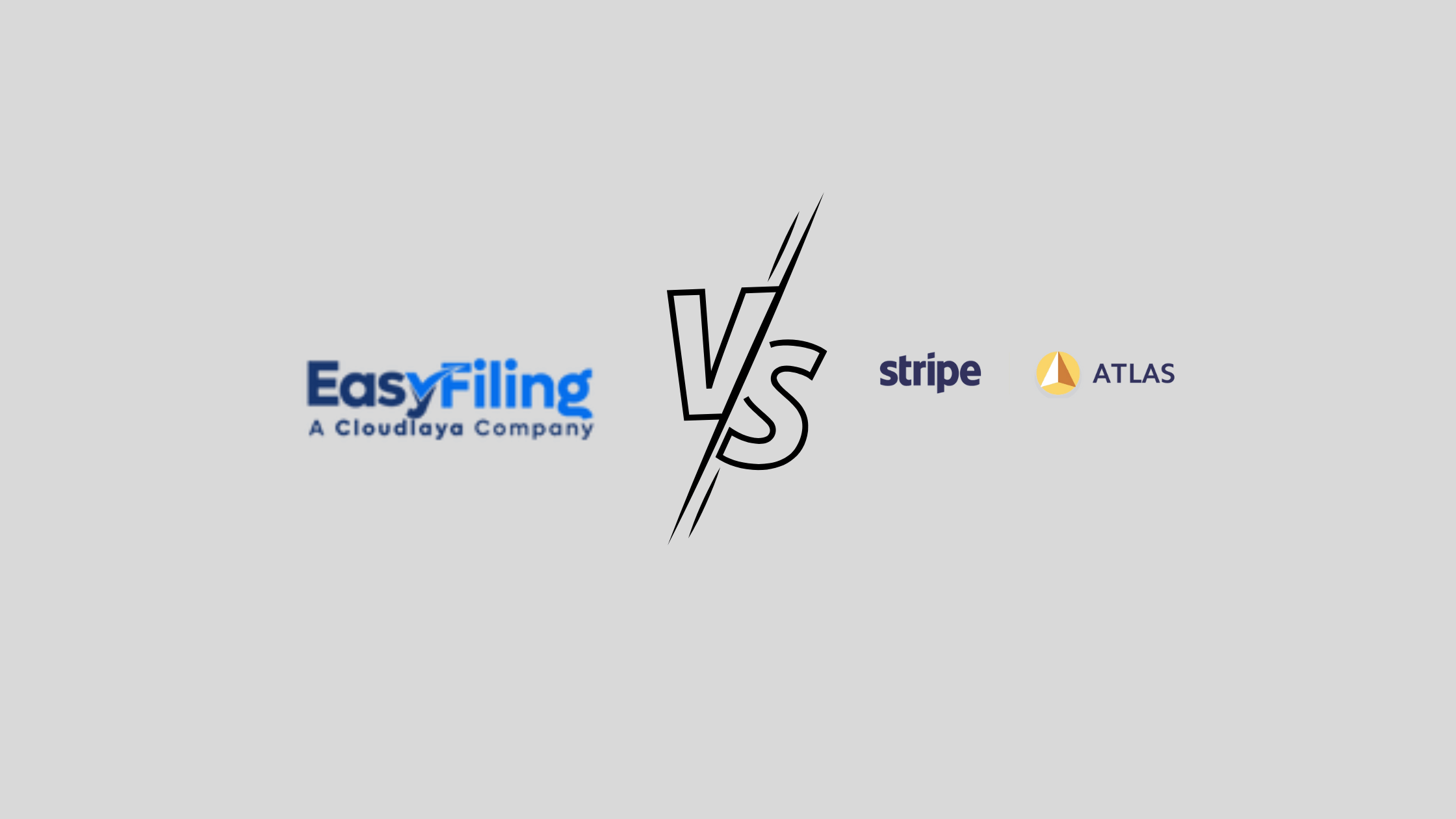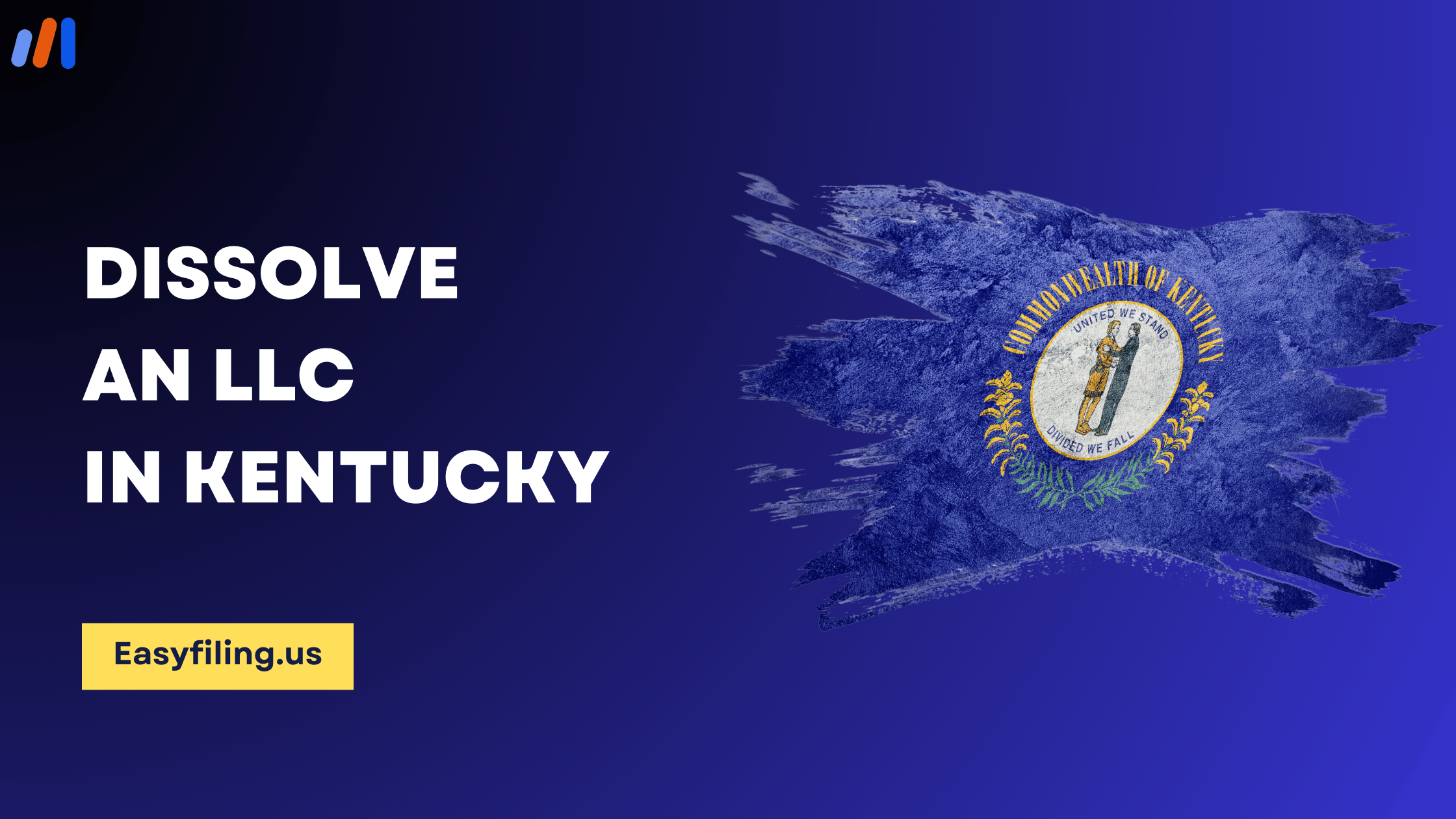Dissolution of an LLC requires a series of steps to follow for the Pennsylvania laws to be followed.
Whichever the case may be for your business, whether transferring into a new venture or permanently closing, these steps will prove to help the dissolution of your LLC.
This is an in-depth manual that explains how to dissolve an LLC in Pennsylvania.
1. Review Your Operating Agreement
As a first step, it is always best to check your LLC’s operating agreement. Most of the time, specific results are listed for dissolution procedures, such as:
- Approval requirements from members.
- Steps for notifying stakeholders.
- Distribution of assets.
If dissolution is not in your operating agreement, then Pennsylvania LLC laws should be followed. Learning these rules is critical to ensure you do not get out of compliance.
2. Obtain Member Approval
Having permission from LLC members is crucial. Most of the time this involves majority approval or unanimous voting, depending on the operating agreement or state laws in place. Written resolutions should be documented to keep records.
Don’t forget to add meeting minutes and signed consent forms because these documents are necessary while filing dissolution papers or in case of a dispute in the future.
3. Submit a Certificate of Dissolution
Your LLC will get officially dissolved once you fill a Certificate of Dissolution with the Pennsylvania Department of State. So let’s dive in on how you can complete this:
- Applies Form DSCB:15-8975 (Certificate of Dissolution).
- Make the necessary payment for the filing fees (the most recent fee can be found on the Department of State’s website).
- Forwards the form through mail or online while utilizing the Pennsylvania Business One-Stop Hub.
Make sure that all parts on the form are filled in correctly or else it may lead to unnecessary pauses. Due to delays, false provisions can incur an additional fee or extend the amount of time it takes to dissolve. When your Certificate has been processed, your LLC business will be inactive and void in the state of Pennsylvania.
4. Accomplish Remaining Financial Responsibilities
Before dissolution is complete, make sure that all legal responsibilities and financial obligations are met. Some of these are:
Clear off Debt: Contact the creditors to make sure there is confirmation of account balances being cleared or paid in full.
Permit Cancellation: Other than your business permits and licenses, reach out to other relevant parties to inform them of existing agency permitting to make sure fines do not occur.
Tax Clearance Certificate: Request a tax clearance certificate if other fines need to be cleared out above to the Department of Revenue in Pennsylvania.
Tax Filing: Finish any remaining federal tax declaration and freelance alongside any about the state note write, “ LLC is closing”. Make certain that all unpaid employee, sales, tax, and any other obligations are voided.
Dealing with these matters in advance will enable you to avoid potential problems down the road.
5. Advise Creditors and Stakeholders
In Pennsylvania, when an LLC is dissolved you are obligated to inform the creditors. On August 14th, send out written notices specifying their obligations as described below:
- Inform them of the dissolution.
- Provide instructions for submitting claims.
- Set a deadline for claims submission (minimum of 120 days).
By taking this step, you are ensuring that all known claims are met, and this goes on to provide limited future liabilities. You should also catalog all notifications sent and responses received from the creditors.
6. Remaining Assets Distribution
Once the obligations are completed, distribute any remaining assets of the LLC amongst the members. The division of assets should be by the operating agreement or in default where no agreement exists. The rules usually have the following order of priority:
- Outstanding obligations are paid first.
- Members’ capital contributions are returned.
- The remaining assets are divided according to ownership share.
Ensure you keep signed receipts from members for every distribution.
7. Cancel Registrations and Close Accounts
Complete the administrative tasks, including:
- Terminating the accounts of the LLC’s bank so that no improper debits can occur.
- Cancel your EIN due to the LLC with the IRS and make a change request in writing.
- Lastly, terminate any other types of registration such as state business licenses or professional certificates.
- Contacting all relevant parties to finish ongoing contracting agreements or subscription-based services.
Steps further guarantee that the LLC doesn’t have loose ends after the dissolution.
8. Maintain Records
Store copies of all relevant tax filings, financial records, and dissolution paperwork for a few years. This will contain:
- Meeting minutes and resolutions regarding the dissolution.
- Final tax declaration forms and clearance statements.
- Notifications were sent to creditors and their claims and how they were settled.
Retaining these records can hedge you against disputes or audits that may occur post-dissolution.
Key Thoughts:
Ongoing obligations: Even with the dissolution, there are affairs like lawsuits and outstanding debts that need to be managed by the LLC.
Restoring an LLC: If it is the case that an LLC was administratively dissolved for reasons like lack of paperwork or tax filing, then after resolving these issues and filing the paperwork, the LLC can be reinstated.
How Easyfiling can help
EasyFiling in Pennsylvania can help in dissolving an LLC by walking business owners through the process step by step, for example with:
Filing Articles of Dissolution: EasyFiling prepares and files the Articles of Dissolution with the Pennsylvania Department of State so that the LLC no longer exists in the state.
Tax Compliance: In Pennsylvania, an LLC must obtain tax clearance, and its filing helps in the process of dissolution. EasyFiling can assist in maintaining your business in good standing with the tax authorities as well as filing the required closure request.
Record Keeping and Compliance: EasyFiling makes certain that when filing the final tax returns, all applicable remaining forms and compliance documentation are completed. They also assist in the maintenance of the business’s records and compliance.
Forwarding the Processes: Questions related to the business liabilities, asset distribution, and informing the stakeholders such as employees, contractors, and clients about the closure can be clarified with EasyFiling.
Punctual Filings: EasyFiling knows best when to file the dissolution documents to ensure there are no penalties or delays. EasyFiling is responsible for managing the dissolution process for EasyFiling business clients.
Easy dissolution of the business is ensured by the use of EasyFiling’s services, so all the legal, tax, and administrative processes are in place.
Book a free consultation today to dissolve an LLC in Pennsylvania.
Frequently Asked Questions (FAQs)
1. How long does it take to dissolve an LLC in Pennsylvania?
The process of dissolving an LLC can take anywhere from a few weeks to a few months. This is largely dependent on how long it takes your company to settle all outstanding debts, resolve any tax obligations, and file a Certificate of Dissolution.
2. Are there any fees associated with dissolving an LLC in Pennsylvania?
Including but not limited to the plethora of fees that must be paid when a Pennsylvania Department of State Certificate of Dissolution is filed, there are dissolution fees for Pennsylvania LLCs. The varying amounts depend completely on the fee schedule of the Department at the moment.
3. Do I need to notify the IRS when dissolving my LLC?
In most cases, yes! The IRS must always be notified via your final tax return along with a note explaining the dissolution of your LLC. In addition to that, the cancellation of an EIN must also be requested in writing to the IRS which you may also find yourself requiring.
4. What happens if I fail to dissolve my LLC properly?
Doing this incorrectly can lead to penalty taxes and never-ending reporting undoubtedly coupled with legal responsibilities that you will not be able to escape from. Able to be avoided easily if all the formalities are properly attended to.
5. Am I able to dissolve my LLC business even if I have outstanding debt?
Unpaid debts should always be dealt with before dissolution is finalized. The creditors must be notified so that all outstanding liabilities can be resolved, and all rules of Pennsylvania law are satisfied.
File Your LLC Today
25$ off with a coupon
Lock in EasyFiling's transparent rates and get lifetime compliance support at no extra cost.
Get Started Now








